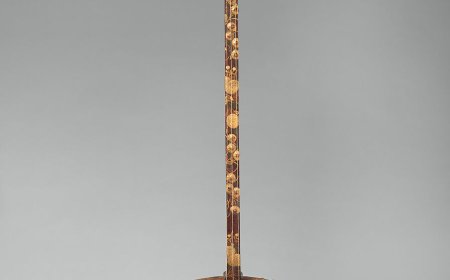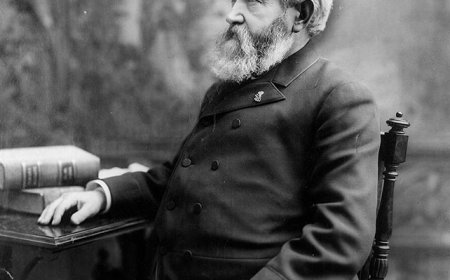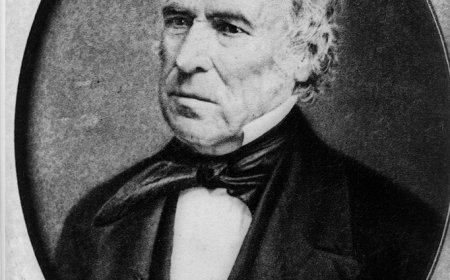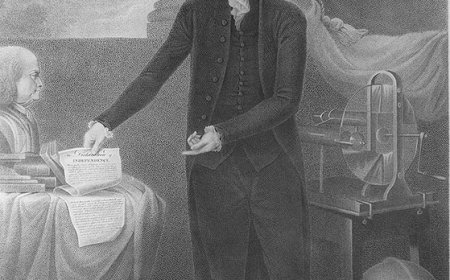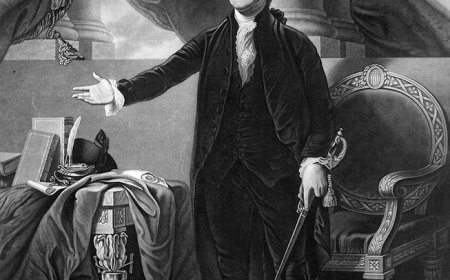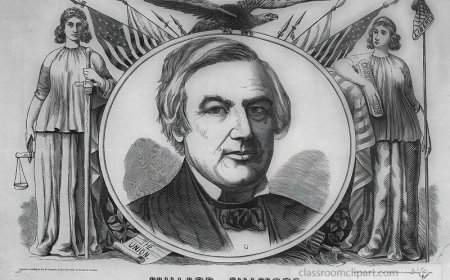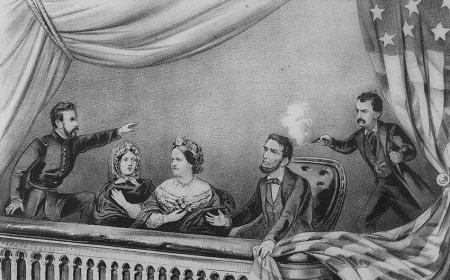Martin Van Buren Biography for Students | Presidency, Panic of 1837 & Legacy
Learn about Martin Van Buren, the 8th President of the United States and founder of the Democratic Party. Discover his early life, political rise, presidency during the Panic of 1837, and his impact on American politics—plus vocabulary, fun facts, a quiz, and a kid-friendly summary.
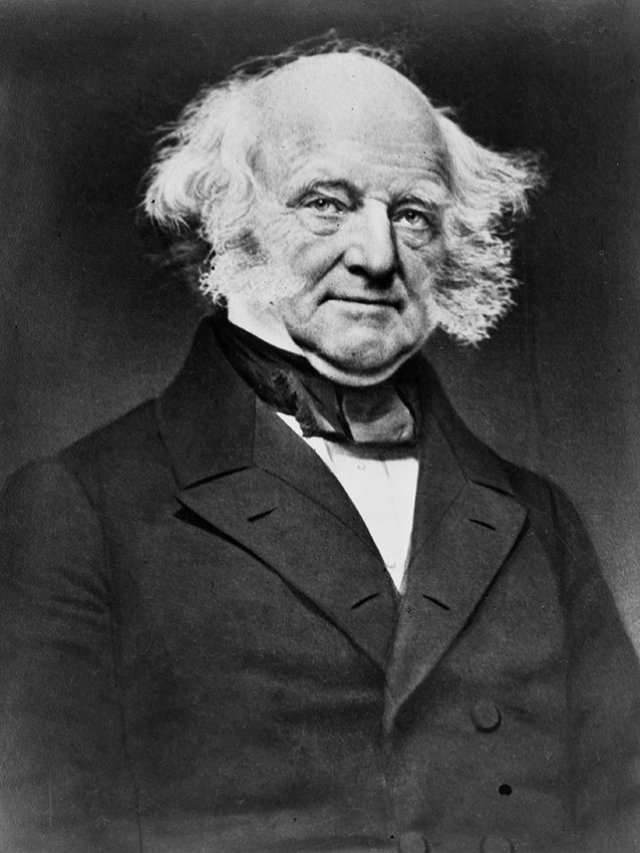
🇺🇸 Martin Van Buren Biography for Students | Presidency, Panic of 1837 & Legacy
📝 SEO Description
🧭 Introduction
Martin Van Buren was the 8th President of the United States, serving from 1837 to 1841. He was the first president born after American independence and one of the main founders of the modern Democratic Party. Known for his political skills and fancy fashion, Van Buren faced one of the biggest economic problems of the time—the Panic of 1837. Though his presidency lasted only one term, his influence on American politics lasted for decades.
👶 Early Life and Education
Martin Van Buren was born on December 5, 1782, in Kinderhook, New York. He was the first U.S. president born as a U.S. citizen, since all earlier presidents had been born when America was still a British colony.
His family spoke Dutch at home, making him the only president whose first language was not English. Van Buren grew up helping in his father’s tavern and did not attend college, but he studied law and became a skilled lawyer.
🏛 Political Career Before Presidency
Van Buren rose quickly in politics because of his intelligence and charm. He earned the nickname “The Little Magician” for his clever political moves. Before becoming president, he held many important positions:
- New York State Senator
- Attorney General of New York
- U.S. Senator
- Governor of New York (briefly)
- Secretary of State under Andrew Jackson
- Vice President under Jackson (1833–1837)
He helped build the Democratic Party, supporting Andrew Jackson and expanding voting rights for white men. He believed in states’ rights and limited government.
🇺🇸 Presidency Overview
Martin Van Buren became president in 1837, right after Andrew Jackson retired. Van Buren was expected to continue Jackson’s policies, but he faced a crisis right away.
Just weeks after he took office, the U.S. faced a major financial disaster—the Panic of 1837. Banks failed, people lost jobs, and the economy went into a long depression. Van Buren believed the government should stay out of the economy, which made some people blame him for not doing enough to help.
Important issues during his presidency included:
- The Panic of 1837, a major economic collapse
- Continued enforcement of the Indian Removal Act
- Conflicts over slavery and statehood in new territories
- Creation of an independent U.S. Treasury system to hold government money
⚖️ Domestic Policies and Programs
Van Buren stuck to his belief in limited government, even during hard times. This meant he did not support government programs to help those suffering during the Panic.
However, he did:
- Support the creation of the Independent Treasury, which kept government money safe from private banks
- Continue Jacksonian policies, such as opposing the national bank
- Avoid giving special favors to businesses
While his approach matched his principles, it made him unpopular with many voters.
🌍 Foreign Policy and Global Relations
Van Buren kept the U.S. out of war during his presidency, despite some tense situations:
- He peacefully handled a border dispute with Canada
- He refused to support Texas’s request to join the United States because it would create problems with slavery and Mexico
Though not very active in foreign policy, Van Buren’s calm leadership helped avoid unnecessary conflicts.
🧾 Legacy and Historical Impact
Martin Van Buren’s presidency was shaped by hard economic times and political change. Though he only served one term, he made important contributions to American politics:
- Helped create and organize the Democratic Party
- Expanded party politics, including national conventions and campaign strategies
- Proved that presidents must respond to public needs, especially during crises
After losing reelection in 1840 to William Henry Harrison, Van Buren ran again in 1848 as part of the Free Soil Party, which opposed slavery in new territories. He didn’t win but helped bring attention to the slavery issue.
👨👩👧 Personal Life and Family
Van Buren married Hannah Hoes, his childhood sweetheart, in 1807. They had four children, but sadly, Hannah died in 1819 before he became president. Van Buren never remarried.
He loved fashion and was known for his fancy suits and neat appearance. He lived in Lindenwald, his estate in Kinderhook, New York, where he retired from public life. He died on July 24, 1862, at the age of 79.
💬 Famous Quotes
“It is easier to do a job right than to explain why you didn’t.”
Van Buren believed in honesty, hard work, and taking responsibility.
“The less government interferes with private pursuits, the better for the general prosperity.”
This quote shows his belief in limited government involvement in the economy.
💡 Interesting Facts About Martin Van Buren
- He was the first president born a U.S. citizen.
- He was only 5 feet 6 inches tall and nicknamed “The Little Magician.”
- He was the only president who spoke English as a second language—his first language was Dutch.
- He helped found the Democratic Party.
- He ran again for president with the Free Soil Party, which opposed slavery in new states.
📚 Vocabulary Words
| Word | Definition |
|---|---|
| Panic of 1837 | A financial crisis that led to a long economic depression |
| Independent Treasury | A system to keep government money safe from private banks |
| Free Soil Party | A political group that opposed the spread of slavery |
| Depression | A long period of economic trouble with job losses and bank failures |
| Political Party | A group of people with shared ideas about how the government should work |
👧 Kid-Friendly Summary
Martin Van Buren was the 8th president of the United States. He helped create the Democratic Party and was the first president born in the new country. When he became president, the economy crashed, and many people lost jobs and money. He believed the government should not step in too much, which made some people upset. Van Buren was very smart and neat and stayed active in politics even after losing the next election. He is remembered for shaping how political parties work and for being a leader during hard times.
✅ Interactive Quiz
Q1: What number president was Martin Van Buren?
A. 7th
B. 8th ✅
C. 9th
D. 10th
Q2: What major crisis happened during Van Buren’s presidency?
A. War of 1812
B. Panic of 1837 ✅
C. Civil War
D. Great Depression
Q3: What political party did Van Buren help create?
A. Republican
B. Whig
C. Democratic ✅
D. Federalist
Q4: What was Van Buren’s first language?
A. English
B. Spanish
C. French
D. Dutch ✅
Q5: What did the Free Soil Party stand for?
A. More taxes
B. Free land
C. Ending slavery in new territories ✅
D. Government jobs
Scoring:
5/5 = ⭐ Van Buren Expert
3–4 = 👍 Great Effort
1–2 = 📘 Needs Review





























